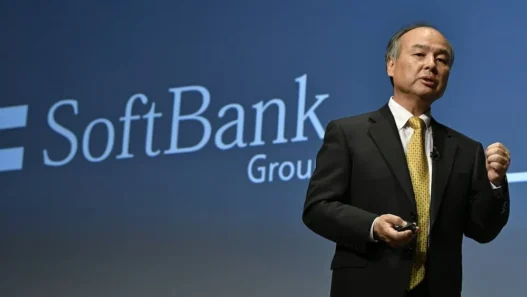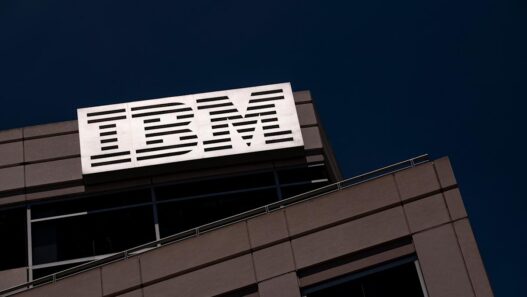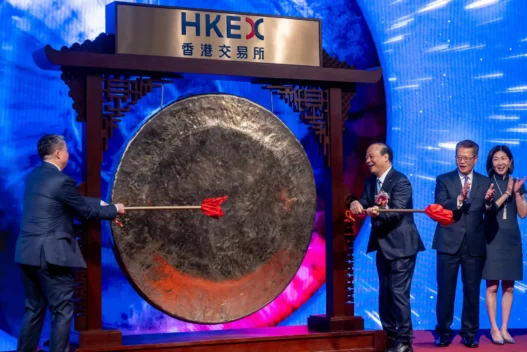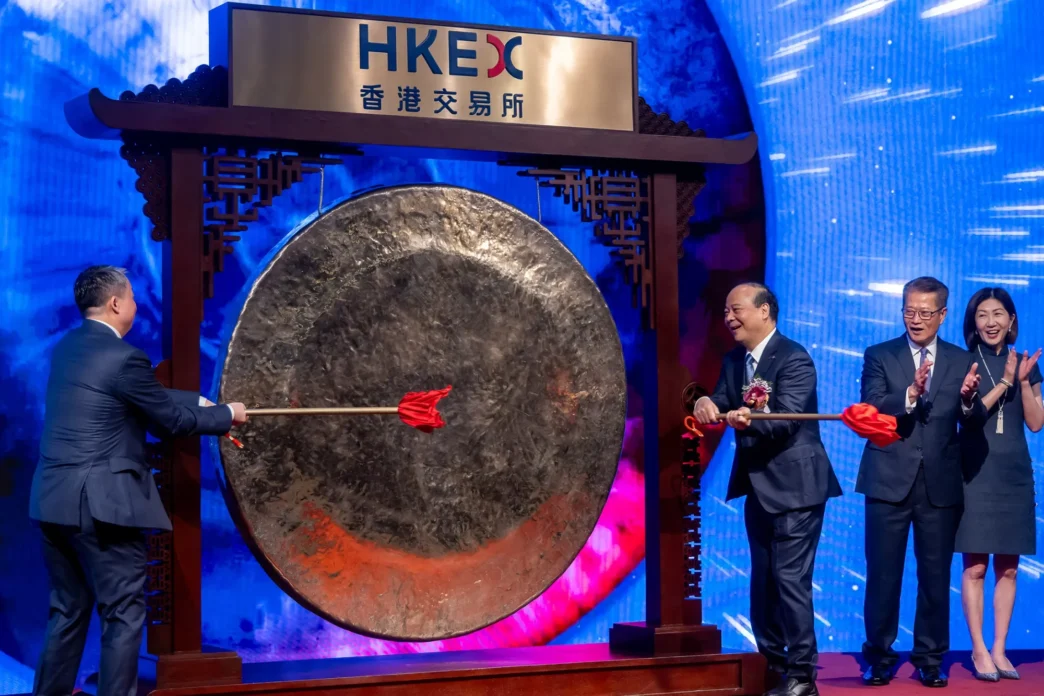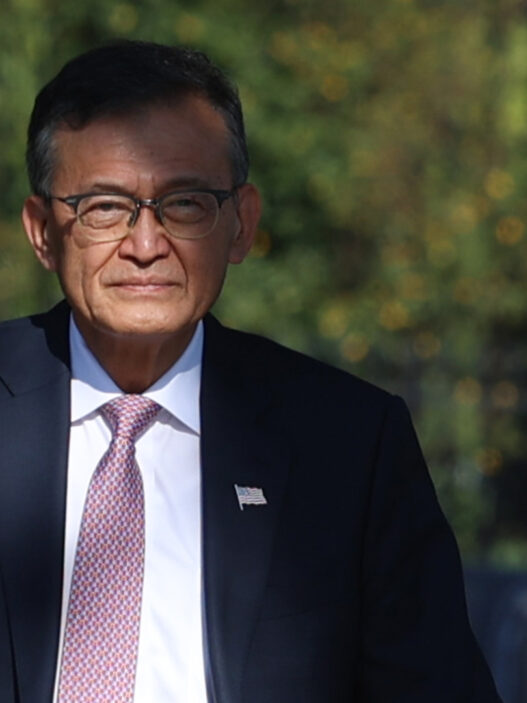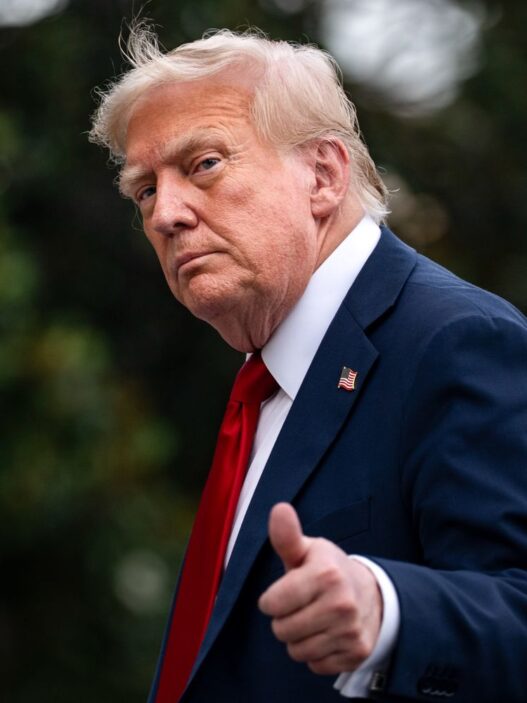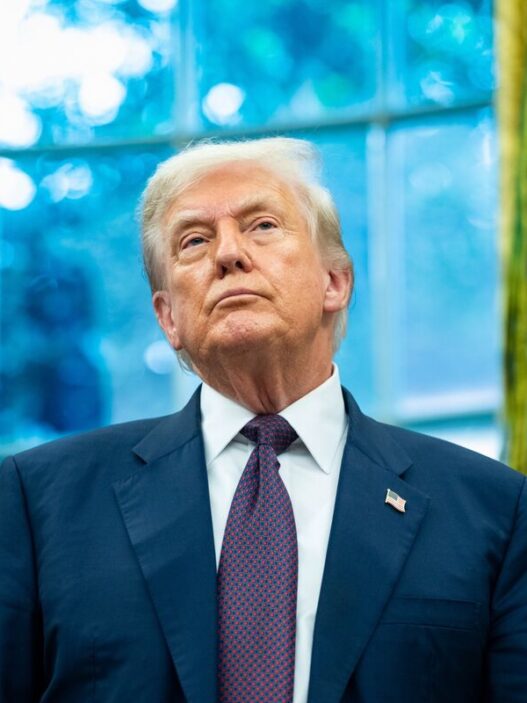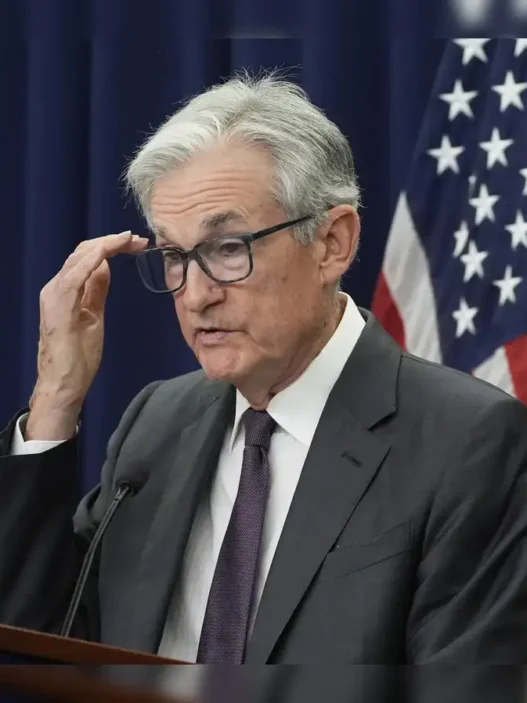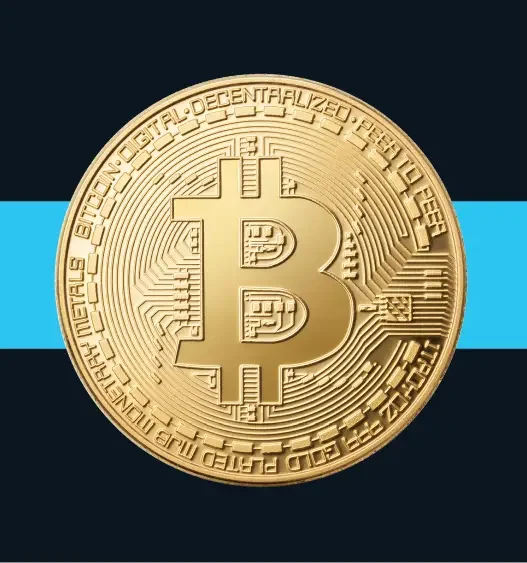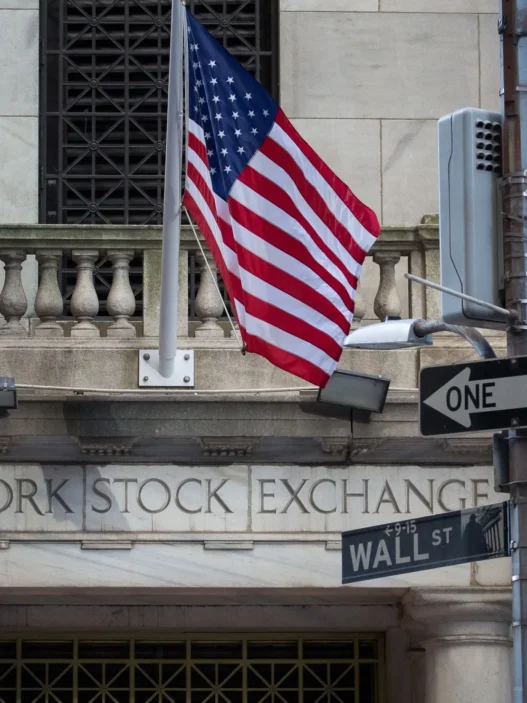Hong Kong’s financial hub is witnessing a wave of Chinese funding deals, sparking both optimism for the city’s economic revival and concerns over possible political repercussions from Washington. International bankers, particularly from Wall Street institutions, are caught in the crossfire—balancing lucrative opportunities with the risk of regulatory or political backlash in the United States.
In recent months, Hong Kong has reasserted itself as a key capital-raising venue for mainland Chinese companies, especially those in strategic industries such as electric vehicles, renewable energy, and advanced manufacturing. Billions of dollars have flowed into initial public offerings, private placements, and cross-border financing deals.
According to market data, Hong Kong IPO proceeds from Chinese firms have surged more than 70% compared to last year, reversing a multi-year slump triggered by geopolitical tensions, strict pandemic controls, and Beijing’s sweeping crackdown on technology giants. Major mainland corporations are also using Hong Kong to raise debt and equity capital, bypassing US and European markets where investor sentiment toward China remains cautious.
The Appeal of Hong Kong’s Capital Market
The city’s proximity to China, combined with its sophisticated legal and banking infrastructure, continues to make it an attractive gateway for foreign investors seeking exposure to Chinese assets—and for Chinese companies seeking offshore capital.
For bankers, these deals are a goldmine in terms of fees and relationship-building. But they also come with heightened political risk. The US government has been increasingly vocal about scrutinizing American financial institutions that deepen ties with China, especially in sectors linked to technology, data, and potential national security concerns.
A recent US congressional report warned that “large-scale facilitation of Chinese capital-raising efforts could undermine strategic and economic objectives” if it helps Beijing gain access to sensitive technologies or strengthen its geopolitical position.
Washington’s Watchful Eye
American regulators have already taken steps to limit certain cross-border investment flows. The Biden administration’s executive order last year restricted US private equity and venture capital investments in Chinese companies tied to semiconductors, quantum computing, and AI.
While public market transactions in Hong Kong are not outright banned, policymakers have hinted that future restrictions could extend to capital market activities if they are deemed strategically risky. This has put bankers in a delicate position: continue servicing Chinese clients for big profits, or scale back to avoid potential sanctions, reputational damage, and regulatory probes.
China’s Strategic Pivot
For Beijing, Hong Kong’s funding boom is a critical part of its strategy to reduce reliance on US capital markets. Encouraging companies to list and raise money in the city allows China to retain tighter oversight, while still tapping into deep pools of global liquidity.
The Hong Kong Stock Exchange has streamlined listing rules and improved its market structure to attract more mainland firms. This aligns with Beijing’s push for “financial self-reliance” in the face of growing US-China economic decoupling.
The Dilemma for Global Banks
For global investment banks, the opportunity-versus-risk equation is becoming more complex. Those with a heavy US presence—such as Goldman Sachs, Morgan Stanley, and JPMorgan—must navigate compliance obligations under US law while competing with rivals from Europe and Asia that may face fewer political constraints.
Some have responded by assigning Hong Kong deal teams to handle Chinese clients in a way that minimizes direct involvement from US-based executives, reducing exposure to political scrutiny. Others are quietly scaling back their China-related business to focus on less sensitive industries.
Market Outlook
Despite the political uncertainty, market analysts expect the Chinese funding surge in Hong Kong to continue through 2025, particularly if global interest rates ease and investor appetite for growth sectors rebounds. However, they caution that the geopolitical climate could shift abruptly, turning today’s profitable deals into tomorrow’s liabilities.
For now, bankers in Hong Kong remain in a high-stakes balancing act—chasing the rewards of China’s capital-raising boom while watching carefully for signs of a US backlash that could reshape the rules of engagement overnight.






